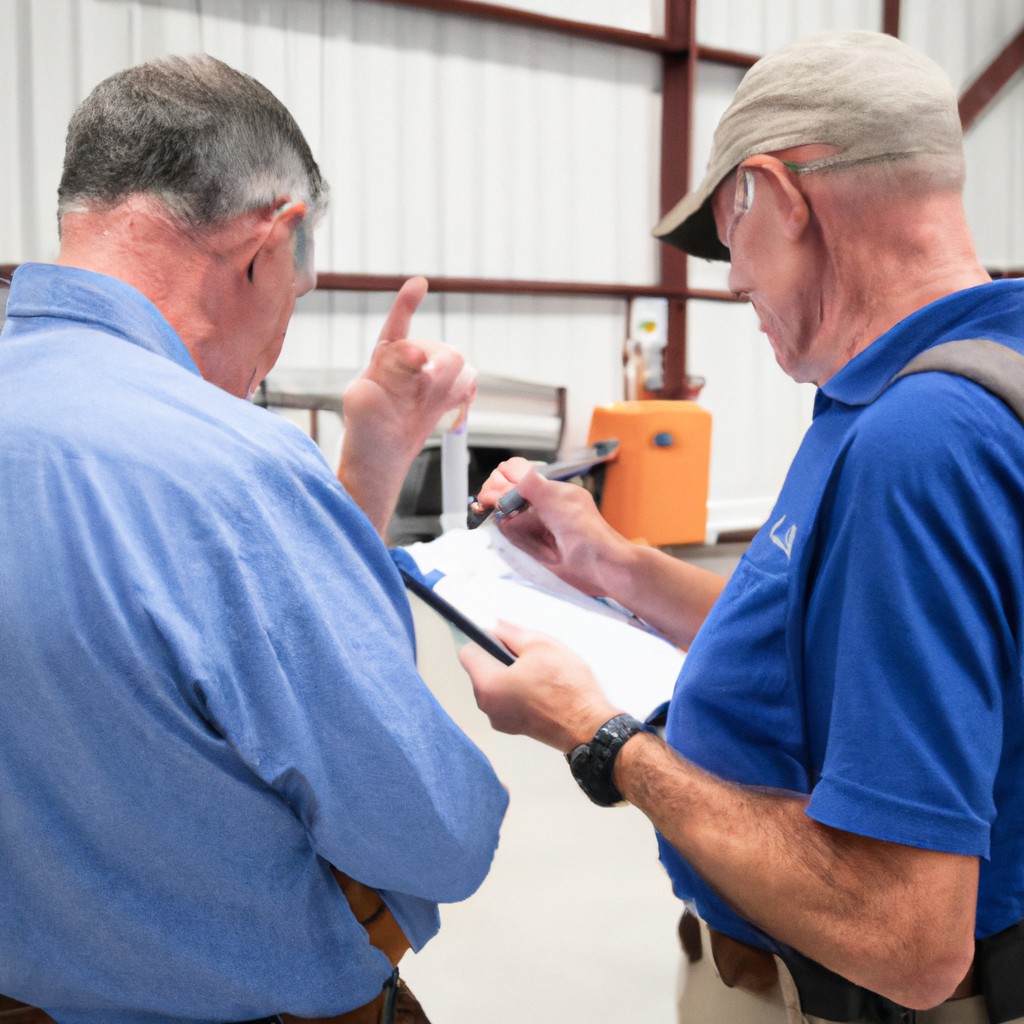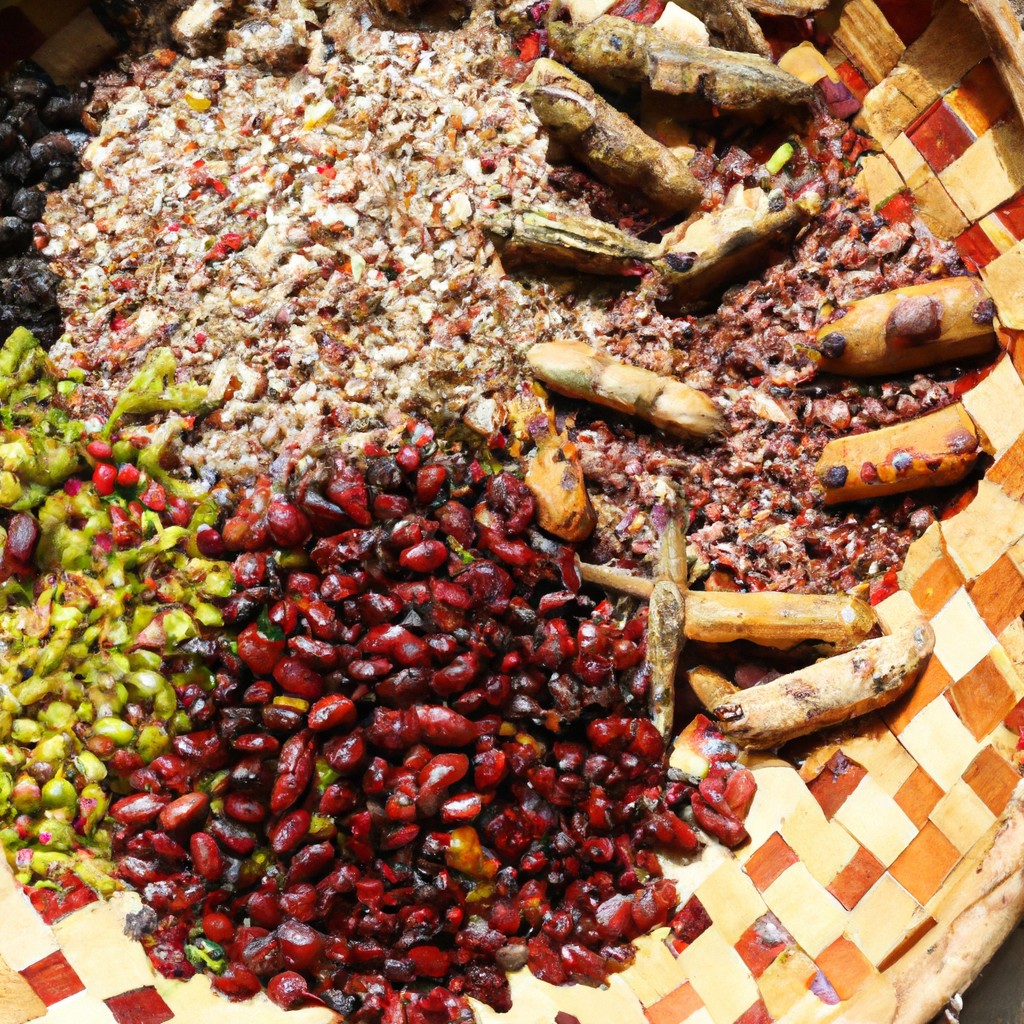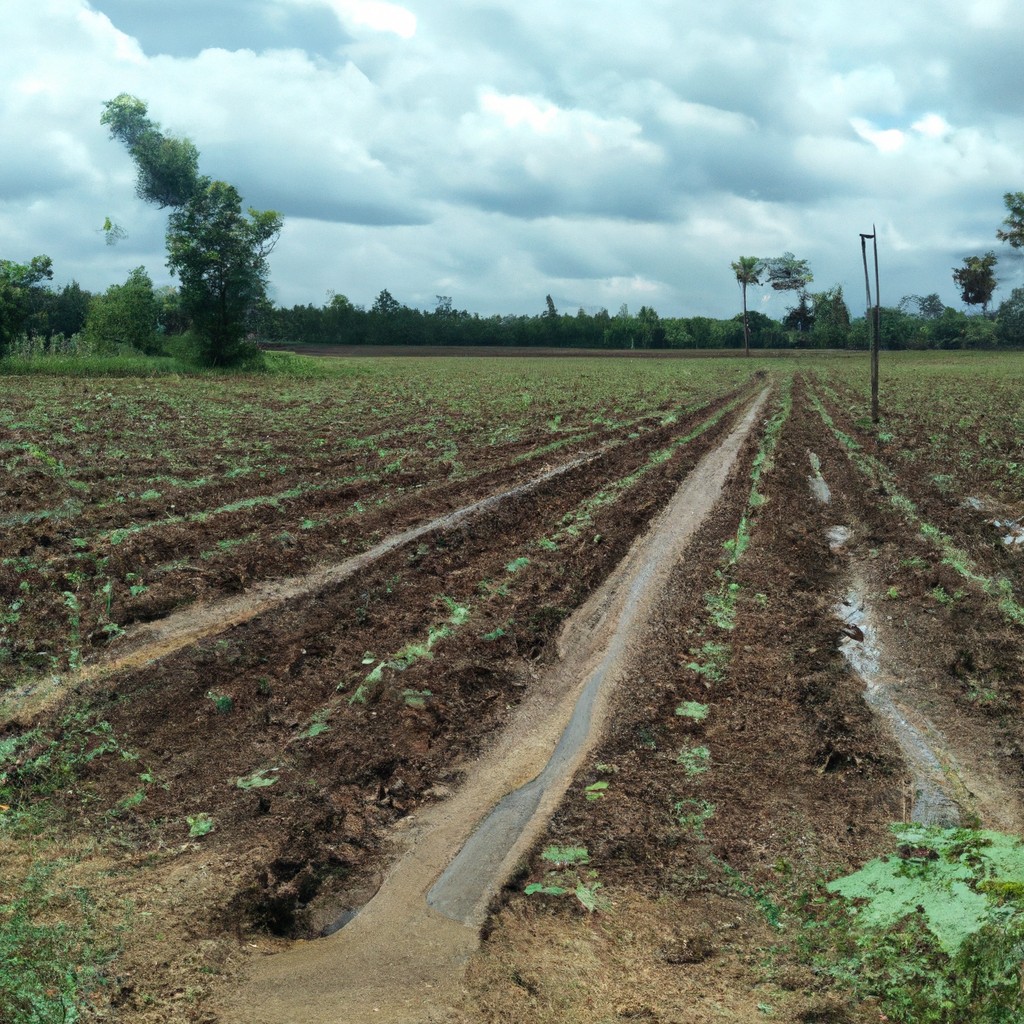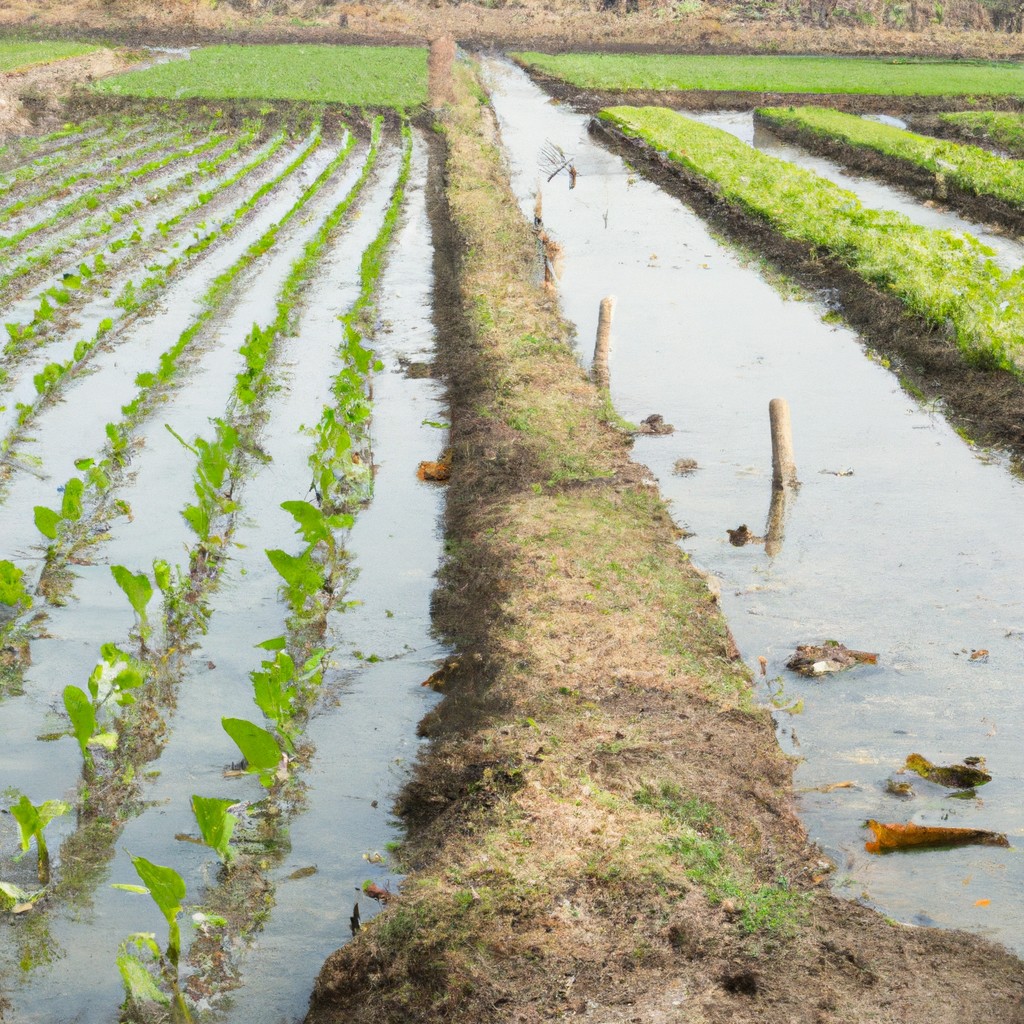This article provides an overview of various careers in agriculture, highlighting skills required and potential job opportunities in this field.
Look Inside:
Overview of Agriculture Careers
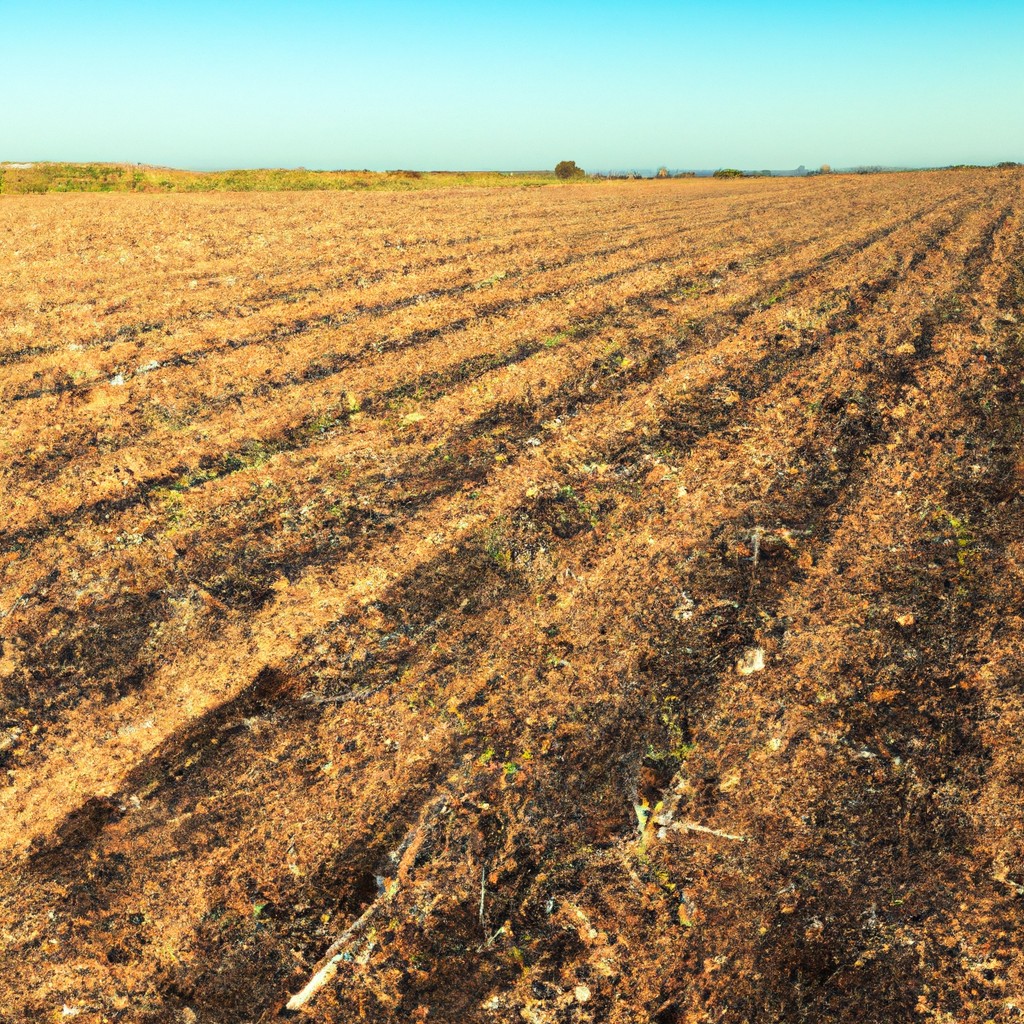
Agriculture careers encompass a broad spectrum of jobs that support the farming industry. They range from hands-on field work to research and development positions focused on enhancing crop yields and sustainability.
Key roles include farm managers who oversee the day-to-day operations of farms, agricultural scientists who explore innovative farming techniques, and agricultural engineers who design equipment and systems to improve agricultural productivity. Sales professionals specializing in agricultural products and services also play a crucial role, connecting farmers with solutions that optimize their output.
In today’s job market, diverse opportunities exist for passionate individuals who are committed to food security and environmental health. Whether out in the fields, in laboratories, or corporate offices, careers in agriculture offer meaningful work with the potential for significant impact on local and global scales.
Educational Requirements and Certification for Agriculture Jobs
Entering the field of agriculture often requires a blend of formal education and practical experience. For many roles, a degree in agricultural science, biology, or environmental science provides a solid foundation. Agricultural economics or business degrees can also be advantageous for those looking into farm management or agribusiness careers.
Certifications can lend credibility and demonstrate specialized competencies. For instance, becoming a Certified Crop Adviser or obtaining a pesticide applicator license might be necessary depending on the job responsibilities.
Practical experience, such as internships or work on a farm, is highly valuable. These opportunities allow individuals to apply classroom knowledge in real-world settings, gaining hands-on skills that are crucial in this field.
Agricultural Technology and Innovation Roles
The rapid advancement of technology has paved the way for exciting job opportunities in agriculture, focusing on efficiency and sustainability. Specialists in this field leverage cutting-edge tools such as drones for crop monitoring, robotics for harvesting, and AI to predict agricultural outcomes. These roles often require a strong background in both agricultural sciences and technology.
Data analysis is also critical, as it helps in making informed decisions based on crop yield data, weather patterns, and soil health. Professionals in this area help farms increase productivity while minimizing environmental impact. Additionally, genetic engineering experts work to develop crop varieties that are more resistant to pests and climate extremes.
This sector thrives on continuous innovation and problem-solving, making it ideal for those who are passionate about both agriculture and technology.
Sustainable and Regenerative Farming Careers
Pursuing a career in sustainable and regenerative farming means committing to practices that heal the earth and foster biodiversity. These professionals focus on techniques that restore soil health, conserve water, and reduce dependency on chemical inputs. Key roles include permaculture designers, organic farm managers, and sustainability consultants.
This field demands a strong understanding of ecological principles and often requires hands-on experience. Many in this path also engage with community education, helping others learn how to implement environmentally friendly farming practices.
Embracing these careers supports a shift towards a more resource-efficient and environmentally respectful agricultural system, contributing significantly to food security and ecosystem health.
Future Trends in Agriculture Employment
Advancements in technology and increasing consciousness about sustainability are reshaping job prospects in agriculture. Here’s a glimpse into how these trends are creating new opportunities:
- Precision Agriculture: With drones and satellite imagery, farmers can now manage crops and soil more efficiently. This technology requires expertise in data analysis and software management, promoting tech-based job roles within the farming sector.
- Urban Farming: As cities expand, the need for locally grown food does too. Urban farming initiatives are on the rise, requiring skills in vertical gardening, hydroponics, and community management.
- Climate Change Adaptation: As environmental concerns intensify, professionals who can develop and implement strategies for climate resilience in farming are increasingly in demand. This includes roles focusing on water conservation, soil health, and sustainable crop rotation.
- Organic Farming: Consumer demand for organic products continues to grow, increasing the need for specialists in organic certification and pest management without chemicals.
- Agri-tourism and Education: Farms are not just for food production but are becoming educational centers to teach sustainable practices. This trend is fostering roles in hospitality, event management, and educational program development.
These growing fields not only underline the evolving nature of agricultural work but also highlight its pivotal role in addressing some of today’s most pressing challenges.
